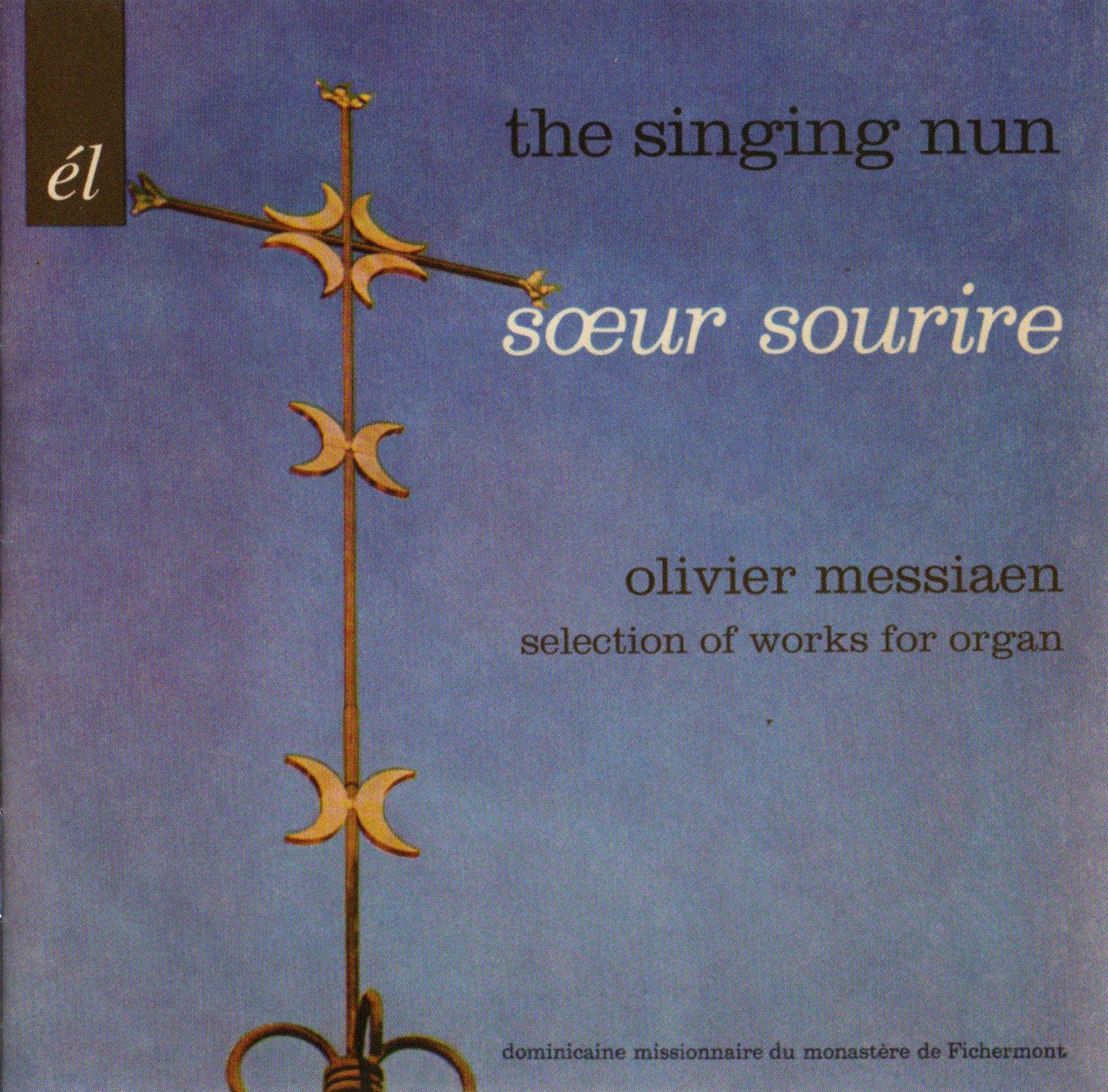Jeanine Deckers' The Singing Nun/ Soeur Sourire, album review

Not that many nuns have topped the charts. Discounting Julie Andrews as a make-believe one, perhaps the only contender was a bespectacled Belgian called Jeanine Deckers who caused something of a sensation in the early 1960s when her song “Dominique”, a light, singalong but incredibly catchy number in praise of the founder of the Dominican order to which she belonged topped the US charts.
The fact that it was sung in French didn’t hold it back and an America recovering from the shock of the assassination of President Kennedy took the Singing Nun, as she was known, to her hearts. It also made the top 10 in Britain just before Christmas 1963.
Deckers had cut the single and the accompanying album, reissued here, simply as a fund-raising effort for her convent.
The other tracks showed that “Soeur Sourire” (Sister Smile) as she was known in her native Belgium, had a knack of writing guitar-backed folk-like pop tunes that were melodic, infectious and genuinely attractive.
“Tout Les Chemins”, for instance, has high harmony vocals and a “la-la-la” chorus that wouldn’t have disgraced a 1970s Eurovision Song Contest winner, while the more thoughtful “Mon Coeur de Deu” is more in the French chansons tradition, but again with a dominating and tuneful chorus that lifts it above the usual church fête fodder.
“Les Pieds des Missionaires” is far more attractive than any song about feet should be, with a strong vocal and the type of tuneful and heartfelt melody that only Deckers seemed able to conjure up.
Perhaps like a box of chocolates there’s a bit too much to take at one sitting but the sweetness of a track such as “Une Fleur” with its uplifting double-tracked vocals is offset by the thoughtful tones and artless simplicity of “Midi” a guitar-backed tune that’s short but memorable.
Sadly, unlike her music, Deckers’ life after she found fame was neither happy or fulfilled. Finding the pressures of showbusiness too much – they even made a Hollywood film of her life with Debbie Reynolds in the title role – she left the convent 1966 (although she later claimed she had been forced out because of a personality clash) to live with a close friend Anne Pecher. Her struggles to reconcile her faith and her sexuality along with hopes of reigniting her musical career took their toll and couple committed suicide in 1985.
This album stands as her tribute, although, unnecessarily, the record company has also added three works by French composer Olivier Messiaen which don’t really belong here. Deckers deserves better.
Join our commenting forum
Join thought-provoking conversations, follow other Independent readers and see their replies
Comments